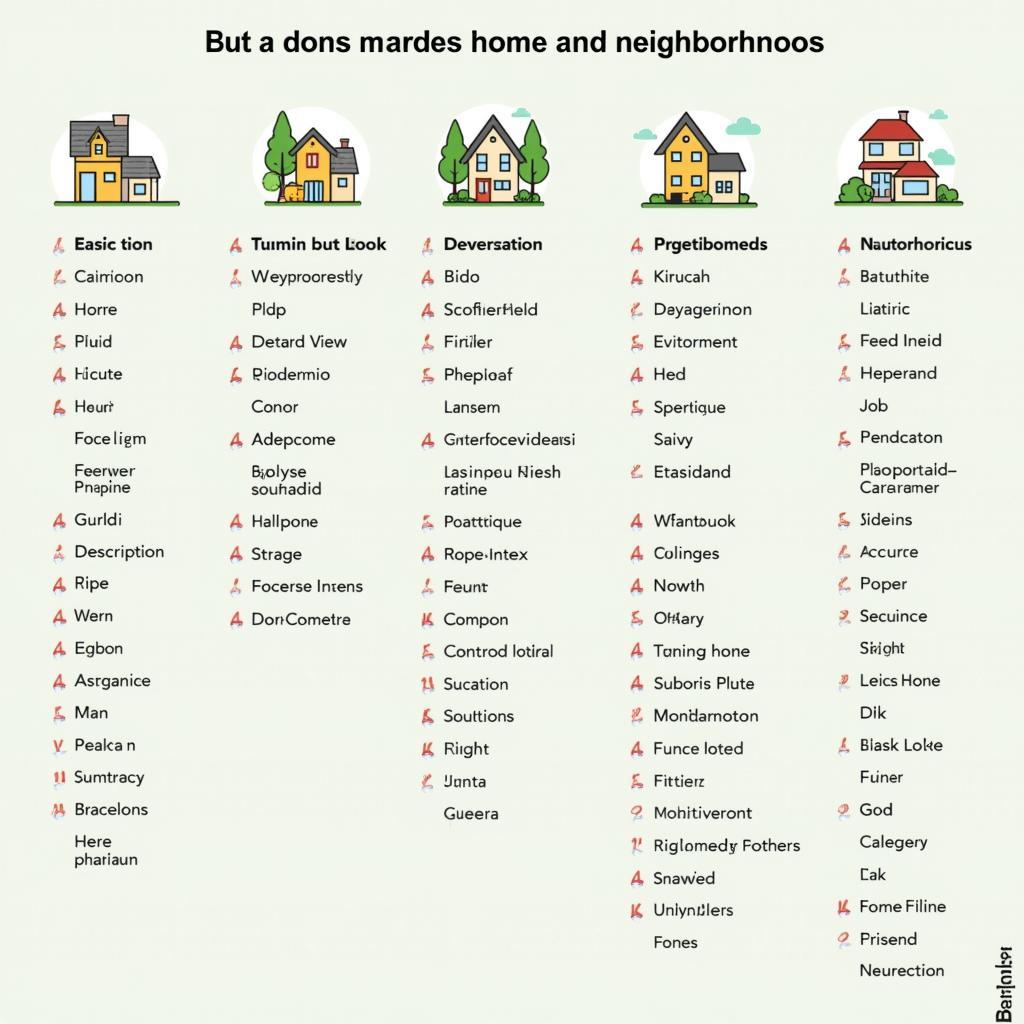The question about where you lived in your childhood is a common topic in IELTS Speaking Part 1. Let’s explore effective ways to answer this question and related follow-up questions that often appear in the exam.
Common Questions in Part 1
- Where did you live when you were young?
- How long have you lived there?
- Do you like the place where you grew up?
- Has your hometown changed much since you were young?
- Would you like to live there again in the future?
Sample Answers (Band 6-7)
“I grew up in a modest apartment in the suburbs of Ho Chi Minh City. It was a fairly spacious place where I lived with my parents and younger sister for about ten years. The neighborhood was quite peaceful and had lots of children my age.”
Sample Answers (Band 8-9)
“I spent my formative years in a charming colonial-style house in the heart of District 3, Ho Chi Minh City. The property was distinguished by its distinctive architecture, featuring high ceilings and intricate wooden details. What made it particularly memorable was our verdant garden where I would spend countless hours playing and studying.”
Similar to how candidates describe their childhood homes, you might also be interested in describe a museum or art gallery you visited, as both topics require detailed descriptive language.
Part 2: Cue Card Sample
Topic: Describe the place where you lived as a child
You should say:
- Where it was
- What it looked like
- Who you lived with
- And explain your feelings about this place
Sample Answer (Band 8-9)
“I’d like to tell you about my childhood home, which was nestled in a tranquil neighborhood in the outskirts of Hanoi. The house was a three-story building with a distinctive yellow facade and wrought-iron gates. What made it particularly special was its spacious courtyard, where my grandmother maintained a flourishing garden filled with orchids and bonsai trees.
I lived there with my extended family, including my parents, grandparents, and two siblings. The house was always bustling with activity, especially during family gatherings and traditional festivals. What I cherish most about this place is how it fostered a sense of belonging and family unity.
The memories I have of this place are overwhelmingly positive. It was where I learned valuable life lessons about family bonds and traditions. Even now, whenever I visit, I’m struck by a profound sense of nostalgia.”
Just as sharing personal experiences about your childhood home can be touching, describe a time when you were surprised by someone’s kindness also allows for emotional expression.
Part 3: Discussion Questions
How have housing conditions changed in your country over the past few decades?
Band 6-7 Answer
“Housing in my country has changed significantly. More people are living in apartments now, and houses are becoming more modern with better facilities. The buildings are also getting taller to accommodate more people.”
Band 8-9 Answer
“The transformation in housing conditions has been nothing short of remarkable. We’ve witnessed a paradigm shift from traditional single-story dwellings to sophisticated high-rise complexes equipped with state-of-the-art amenities. This evolution reflects our society’s increasing urbanization and changing lifestyle preferences.”
Key Vocabulary and Expressions
- Architectural features: facade, courtyard, wrought-iron gates
- Descriptive adjectives: tranquil, spacious, distinctive, charming
- Emotional expressions: cherish, overwhelming, profound sense of
- Phrasal verbs: grow up in, move out, settle down
- Location prepositions: in the heart of, on the outskirts, nestled in

Just as it’s important to describe physical places accurately, describe an interesting old person you met requires similar attention to detail and descriptive language.
Examiner’s Tips
- Use a mix of simple and complex sentences
- Include specific details and personal experiences
- Show emotion when discussing memories
- Practice with advanced vocabulary related to housing and architecture
- Maintain good fluency while incorporating pauses naturally
Remember that sharing your experiences about where you lived, much like when you describe a teacher who has influenced you greatly, requires both emotional connection and clear structure in your response.